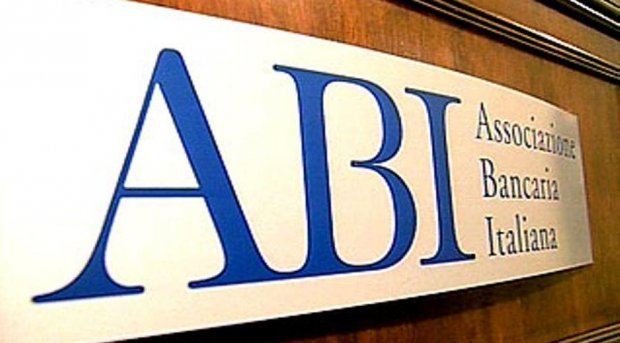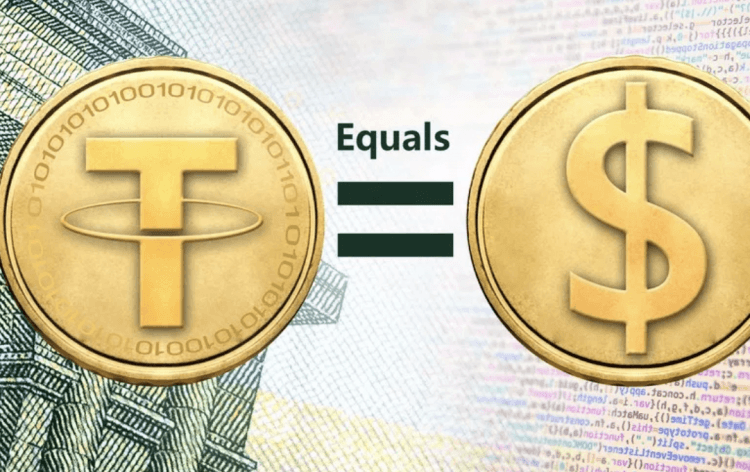Key Points and Deepening of Fabio Panetta’s Speech at the Italian Banking Association

Upcoming Guidelines for MiCA Implementation
Fabio Panetta, Governor of the Bank of Italy, announced that new guidelines will be released soon to facilitate the effective implementation of the EU's Markets in Crypto-Assets (MiCA) regulation. These guidelines aim to ensure robust protection for cryptocurrency holders and streamline the regulatory framework.
MiCA Token Categories
The MiCA regulation introduces two primary categories of tokens:
- Asset-Referenced Tokens (ARTs): These tokens are pegged to the value of one or more assets. For example, PAX Gold (PAXG) is backed by gold.
- Electronic Money Tokens (EMTs): These tokens are tied to a single official currency, such as stablecoins backed by the US dollar. Panetta emphasized that only EMTs can function effectively as payment methods.
Criticism of Bitcoin and Ethereum
Panetta criticized major cryptocurrencies like Bitcoin and Ethereum, labeling them as "assets without intrinsic value" primarily purchased for resale at higher prices, often for tax evasion purposes. He pointed out several issues:
- Lack of verified issuers and income generation (e.g., no coupons or dividends).
- Absence of financial entities guaranteeing their value.
- Frequent trading on opaque and unregulated platforms.
He also raised concerns about their use in money laundering and terrorism financing due to the lack of regulation. He argued that cryptocurrencies fail to serve the fundamental functions of money: as a medium of exchange, a store of value, and a unit of account.

Strengthening Cryptocurrency Market Oversight in Italy
Italy has recently taken steps to enhance oversight of cryptocurrency markets, aligning with the MiCA regulatory framework. Key measures include:
- Enhanced surveillance to combat insider trading and market manipulation.
- New stringent regulations to mitigate associated risks, with penalties ranging from €5,400 to €5.4 million for violations like insider trading, market manipulation, and unauthorized disclosure of confidential information.
Challenges and Impacts of MiCA on Blockchain and DeFi
The implementation of MiCA, approved in 2022, presents challenges for blockchain companies and decentralized finance (DeFi) protocols. Notably:
- DeFi protocols must achieve full decentralization or comply with anti-money laundering (AML) and Know Your Customer (KYC) regulations under MiCA.
- While decentralized networks are exempt from MiCA's reporting requirements, protocols using foundations and intermediaries to support decentralized communities may struggle to meet MiCA criteria.
- These DeFi protocols must decide between full decentralization or providing necessary verification data.

New Regulations for Stablecoins
MiCA's regulatory framework for stablecoins came into effect last month, stipulating that companies must cease issuing stablecoins used as "means of exchange" if they exceed 1 million transactions or a value of €200 million ($215.2 million) per day.
These measures reflect a significant step towards regulating the cryptocurrency market, ensuring stability, and protecting investors while addressing the evolving landscape of digital assets and decentralized finance.
Congratulations @mikezillo! You have completed the following achievement on the Hive blockchain And have been rewarded with New badge(s)
Your next target is to reach 1000 posts.
You can view your badges on your board and compare yourself to others in the Ranking
If you no longer want to receive notifications, reply to this comment with the word
STOPCheck out our last posts: